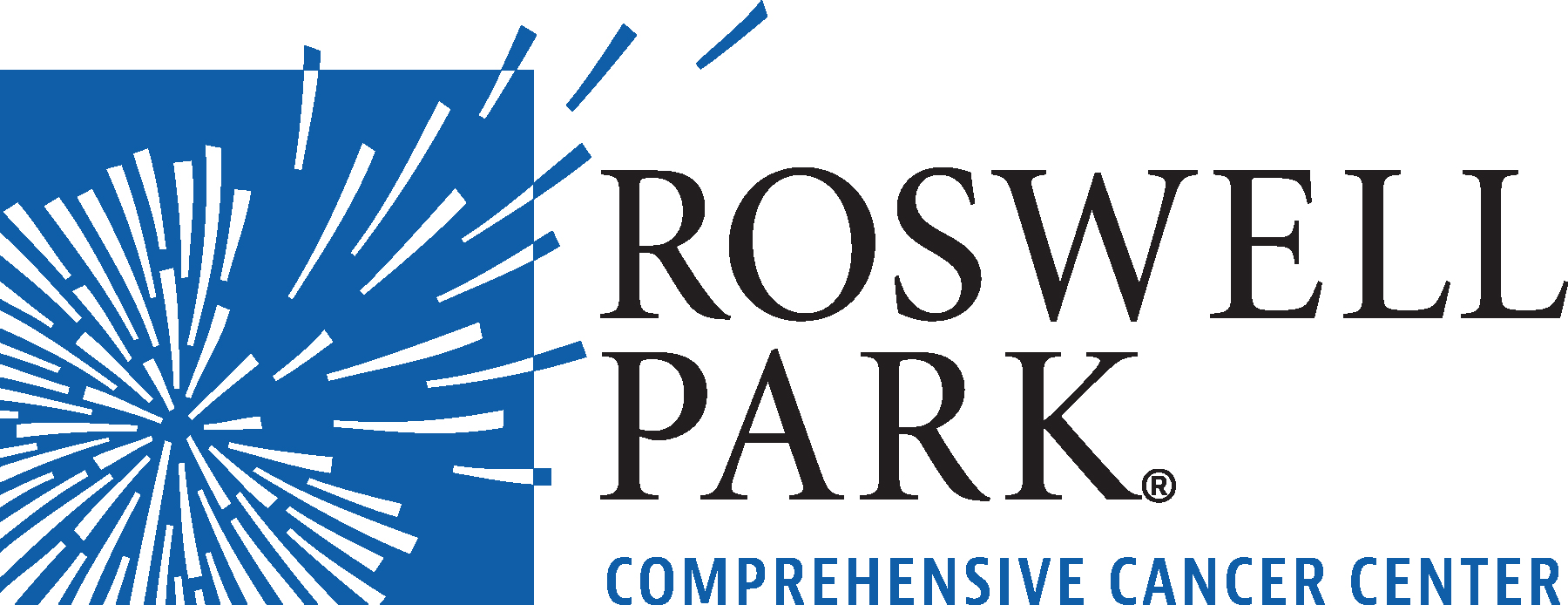Newswise — Levels of an enzyme involved metabolizing chemotherapy may help patients with acute myeloid leukemia (AML) to be able to better tolerate chemotherapy, according to the results of research which will be presented by Kirsten Moysich, PhD, Department of Epidemiology, Roswell Park Cancer Institute (RPCI) at the 2007 centennial meeting of the American Association for Cancer Research (AACR), April 14-18, in Los Angeles, CA.
"Polymorphisms in the Glutathione S-transferase Genes and Treatment Outcomes in Acute Myeloid Leukemia" Embargoed until Tuesday, April 17, 8 am PST Exhibit Hall, Poster Section " 3, Poster Board -7Los Angeles Convention Center
Many patients with acute myeloid leukemia, a cancer of the blood, have poor treatment outcomes because they cannot tolerate chemotherapy. In others, chemotherapy treatment simply does not work. It is very important to find new therapies for this disease that work better and that are tolerated by all patients.
The researchers investigated whether common genetic changes in a gene called glutathione s-transferase, or GST, can influence how people with leukemia react to chemotherapy. The GST gene influences the levels of GST enzymes in the body. GST enzymes are involved in breaking down (i.e., metabolizing) chemotherapy agents given to leukemia patients.
Patients with higher GST enzyme levels may break down the chemotherapeutic agents more rapidly than those with lower GST enzyme levels. This may lead to better tolerance of therapy, but poorer clinical outcomes because the chemotherapy agents were broken down before they could damage the leukemia cells.
This study of GST genes included 273 acute leukemia patients from Roswell Park Cancer Institute who received chemotherapy. Results indicate that while the GSTs may not play a significant role in survival outcomes or relapse-free survival, they may play an important role in determining toxicities to therapy.
The researchers concluded that the GST genes might not influence major clinical milestones in acute leukemia, but might play a role in how well chemotherapy is tolerated by leukemia patients.
Founded in 1907, the American Association for Cancer Research is the world's oldest and largest professional organization dedicated to advancing cancer research. Members include more than 24,000 basic, translational and clinical researchers, health care professionals and cancer survivors and advocates in the United States and more than 60 other countries.
Roswell Park Cancer Institute, founded in 1898, is the nation's first cancer research, treatment and education center and is the only National Cancer Institute-designated comprehensive cancer center in Upstate New York. RPCI is a member of the prestigious National Comprehensive Cancer Network, an alliance of the nation's leading cancer centers. Roswell Park has affiliate sites and collaborative programs in New York, Pennsylvania, and in China. For more information, visit RPCI's website at http://www.roswellpark.org, call 1-877-ASK-RPCI (1-877-275-7724) or e-mail [email protected].
MEDIA CONTACT
Register for reporter access to contact detailsCITATIONS
American Association of Cancer Research
